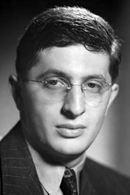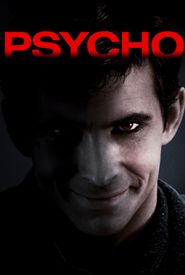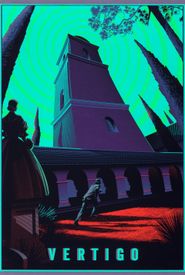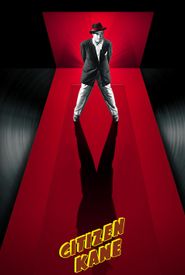The extraordinary life and career of Bernard Herrmann, a master composer who left an indelible mark on the world of film music. His journey began at the tender age of 13, when he won a prestigious composition prize, and continued to unfold with the establishment of his own orchestra at the ripe age of 20.
Herrmann's early years were marked by his collaboration with the visionary Orson Welles, with whom he worked on several radio shows in the 1930s, including the infamous 1938 broadcast of "The War of the Worlds". This partnership led to Herrmann being the obvious choice to score Welles's film debut, Citizen Kane (1941),as well as The Magnificent Ambersons (1942). However, Herrmann's name was removed from the credits of the latter film after additional music was added without his consent, a decision that would haunt him for the rest of his career.
Herrmann's association with Alfred Hitchcock would prove to be one of the most fruitful and enduring of his career, with the two collaborators working together on nine films. Herrmann's scores for Hitchcock's films, including Psycho (1960),would go on to become some of the most iconic and influential in the history of cinema. However, Herrmann's perfectionism and demanding nature would often lead to clashes with his directors, including Hitchcock, who famously suggested that Psycho have a jazz score and no music in the shower scene.
Herrmann's innovative approach to film scoring was evident in his use of unconventional instruments and techniques, such as the theremin, which he used to great effect in The Day the Earth Stood Still (1951). He was also an early experimenter in the field of electronic music, working with Oskar Sala on the mixtrautonium for The Birds (1963).
Throughout his career, Herrmann was driven by a passion for his craft, and his dedication to his art was unwavering. His final score was for Martin Scorsese's Taxi Driver (1976),a film that would go on to become a classic of American cinema. Herrmann's untimely death, just hours after recording the score, was a tragic loss for the film world, but his legacy continues to inspire and influence generations of composers and filmmakers to this day.
In addition to his work in film, Herrmann also composed an opera, Wuthering Heights, and a cantata, Moby Dick, demonstrating his versatility and range as a composer. His life and career serve as a testament to the power of creativity and innovation, and his music continues to captivate and inspire audiences around the world.
























